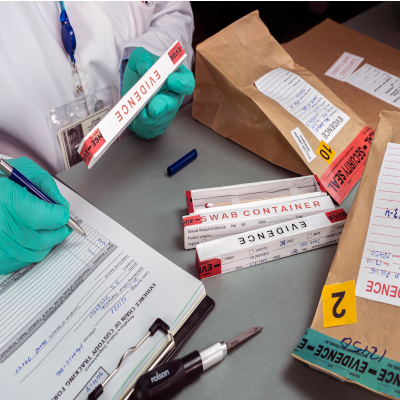The US Centers for Disease Control and Prevention (CDC) has played and is continuing to play a key role in the battle against the COVID-19 pandemic. Being the leading public health body, not only for the US but also internationally, the CDC has a vast number of diverse activities, many of which are not well known to the layperson. One CDC program I’d like to highlight is the Public Health Informatics Fellowship Program (PHIFP). PHIFP fellow are also known as the CDC’s data detectives! Federal agencies, state and local health departments and public health agencies, international health organizations and other non-profit public health organizations can request an “Info-Aid” from the CDC data detectives. Info-Aids (informatics aids) are short-term technical and informatics assistance to meet an urgent public health need. The PHIFP fellows participate in Info-Aid projects as part of their two-year training program to enhance their knowledge of informatics with real life experience. 
Since 2005, the CDC data detectives have assisted in over 100 Info-Aid requests. The different places that have sought their help include Samoa, Nigeria and Salt Lake City, Utah – my hometown. The Salt Lake City project was an assessment of the gap between physical and behavior health to understand how to improve integration at the payer level for super-utilizers of Medicaid. The data detectives needed to look at the data going to Medicaid, gather the data for interventions and their impact, analyze for correlations within the different data sets and possible healthcare changes, and propose solutions. The PHIFP fellows were able to work with Utah Public Health officials along with Utah Medicaid personnel; and noted that even though the two groups shared a building, they do not share a “virtual space” for their data. Since the data detectives’ role was to be the “guides on the side”, they facilitated interaction and ideation while the two state health groups worked together to set up a google drive to begin the data sharing in the virtual space, one of the successful outcomes of the project.
In Samoa, assistance from the data detectives was requested to help with early identification of people with Rheumatic Heart Disease (RHD), which is a sequela of Acute Rheumatic Fever (ARF). In ARF, a sore throat caused by the Streptococcus pyogenes, also known as the group A Streptococcus bacteria, triggers an autoimmune response to attack the heart valves, resulting in long term cardiac damage referred to as RHD. The heart valves are scarred and malfunctioning, with permanent damage, requiring valve repair or replacement surgery that is not available in Samoa. Early identification of ARF with medication prophylaxis could prevent progression to RHD; however, there are multiple barriers for medication compliance once the patients are identified, including time, transportation, cost, and lack of knowledge. The data required for analysis and planning was collected in multiple repositories; thus, the data detectives focused on helping the local officials to collaborate on building an ARF/RHD registry to determine prevalence and better track and use data, as the first step in tackling this critical problem for the country.
I find the work of the data detectives fascinating, and see a parallel to what I do in the 3M Healthcare Data Dictionary (HDD) team. These PHIFP fellows try to bridge the gap between interdisciplinary staff, help to exchange data between different systems (e.g., local EHR and state or national-level disease surveillance system) and integrate data that has been coded in different terminologies (e.g., ICD-10 and SNOMED CT). Similarly, the HDD team works with multiple terminologies, mapping or “translating” between them as needed to achieve semantic interoperability, so that users can leverage their data from all systems for exchange, analytics and research, and administrative as well as clinical decision support. Understanding and making use of terminologies to normalize and standardize data is the first step in solving healthcare problems.
To keep up with the outstanding work and projects of the data detectives, click here.


